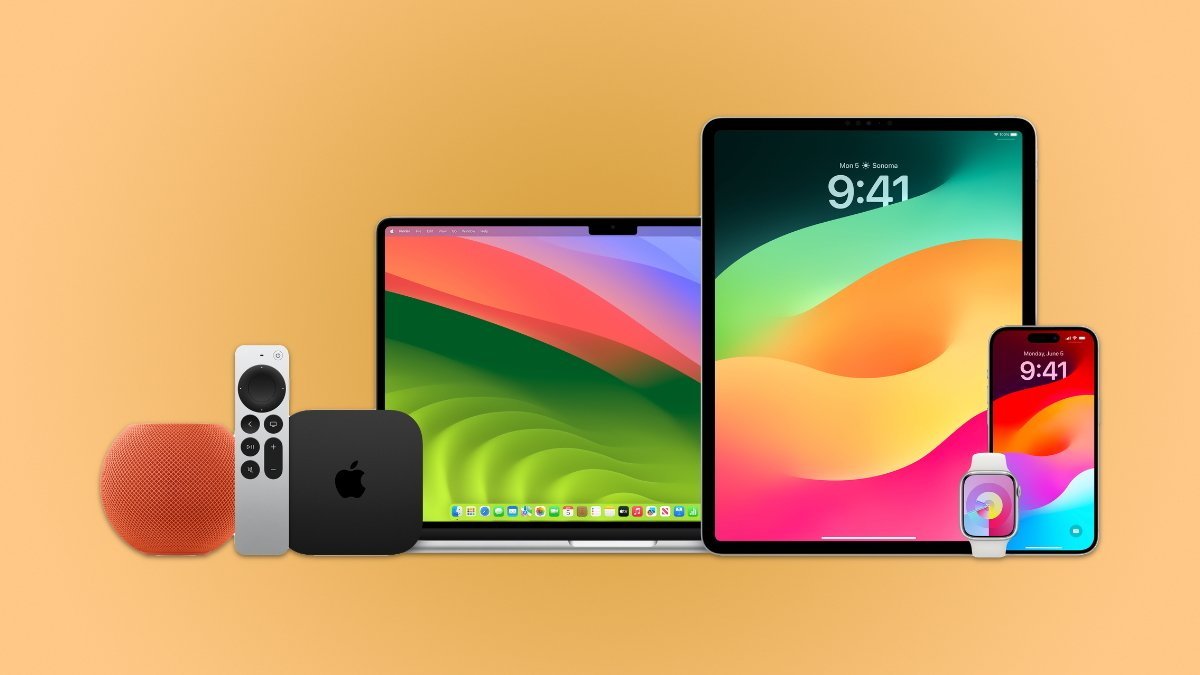Apple's week-long pause on development for its next generation of operating systems and to debug code instead was necessary to ensure iOS 18, macOS 15 and other releases have the best chance of bug-free releases, reckons a report.
In late October, Apple software head Craig Federighi implemented a week-long pause on the development of its next operating systems round, including iOS 18, iPadOS 18, macOS 15, watchOS 11, and tvOS 18. The pause was used to fix bugs and improve the performance of the elements that Apple's software team has produced, and was quickly lifted with normal development resuming right after.
Mark Gurman, writing for the Bloomberg "Power On" newsletter on Sunday, points out that this isn't the first time Apple has done this sort of thing, as bugs have been a problem for the company in the past.
Apple's release of iOS 18 and its other operating systems in 2024 will apparently be "more crucial than usual,"as Apple is attempting to catch up with others in the generative AI space. Furthermore, with the belief that there won't be "any major advances" in hardware for the iPhone 16, the operating system has to be even more impressive than usual.
Apple previously made changes to its procedures in 2019, a time when iPhones had software glitches at launch, and after the company had to postpone several features destined for iOS 12 to iOS 13 instead.
The week-long pause occurred after Apple hit a key milestone in iOS 18 and macOS 15 development, namely the completion of the first internal versions that contain the main big new features. After this first period, referred to as M1, Apple took a one-week break to debug before the next phase, M2.
Each of the four phases that occur before WWDC typically boil down to four weeks of feature development followed by two of bug fixes. In effect, the pause added an extra week of bug fixing to M1.
For the grand scheme of development, the extra week shouldn't affect the overall release timings of the operating systems. Instead, it should just give less time at the end for removing last-minute bugs.
The Pact
While bug fixing is generally part of development as a whole, Apple has taken steps to try and minimize the appearance of bugs in its in-development software.
Craig Federighi adopted a policy in 2019 internally referred to by his division as "The Pact." The policy is summed up as "We will never knowingly allow regressions in the build. And when we find them, we will fix them quickly."
The decree essentially meant that if a bug or a new feature breaks something else within the operating system, the bug has to be fixed as a priority.
It is likely that the introduction of "ambitious and compelling" features, according to internal descriptions by Apple's senior management, may have proved to cause more bugs than acceptable, necessitating the extra bug-fix week.
 Malcolm Owen
Malcolm Owen







-m.jpg)






 Charles Martin
Charles Martin


 Mike Wuerthele
Mike Wuerthele
 Christine McKee
Christine McKee


 Marko Zivkovic
Marko Zivkovic


-m.jpg)






8 Comments
Hopefully the will fix the battery drain bug in WatchOS 10.2 public beta 2
New features are often in development for years, so one week isn’t going to impact that much. In fact it would surprise me if it were only one week. It might just be spend a week testing and looking through bug reports then spend more time if needed.
Maybe Aperture will work again...s/
"
I would like some of what they are on.